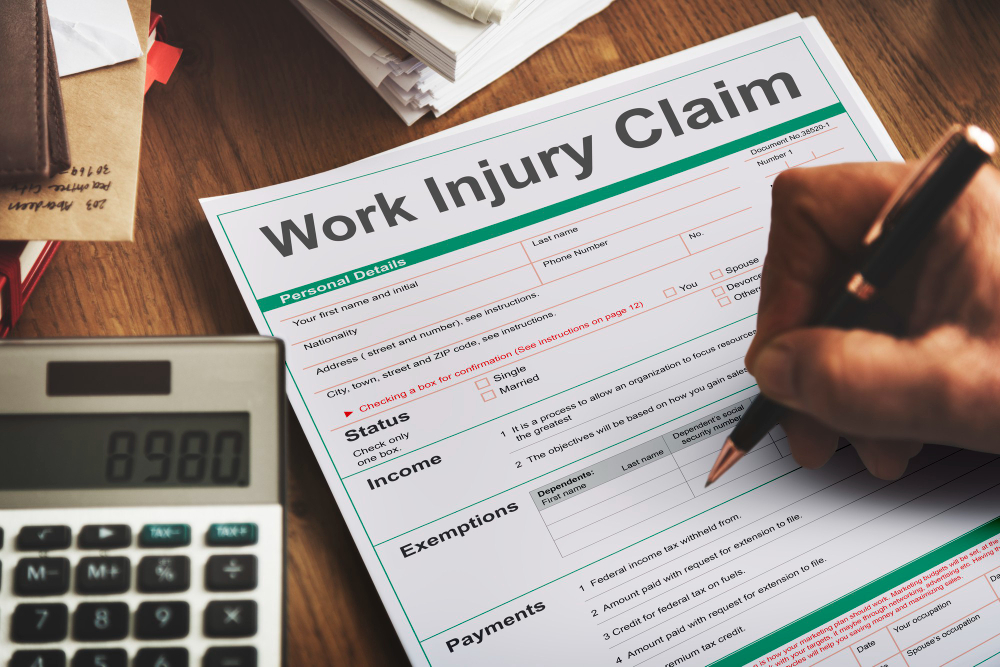

Typically, Houston employers must ensure workers’ compensation insurance for their employees, serving as the primary recourse for workplace injuries. This coverage generally stands as the sole remedy for employees, barring extreme cases of gross negligence or intent.
Nonetheless, certain employers may choose to forego participation in the workers’ compensation system, rendering them nonsubscribers. In such instances, an injured employee might pursue legal action against their employer for negligence-induced damages.

Many large employers in Texas are electing not to carry workers’ compensation coverage, which means they are deemed nonsubscribers. In the event of a work-related injury caused by negligence, an employee may sue the nonsubscriber employer for damages. The employer may not use the defense that the employee was contributorily negligent, assumed the risk of injury or death, or that the negligence of a fellow employee caused injury or death. If the employer was even partially negligent for causing the incident and injuries, the employee could potentially recover full damages against the employer.


In order to pursue a viable legal case against a nonsubscribing employer, the employee must demonstrate negligence on the part of the employer and a failure to uphold a safe work environment. Elements of an unsafe workplace may encompass inadequate provision of tools, training, and warnings, as well as the absence of established safety protocols, monitoring, supervision, and guidance for employees.
Even if an employer chooses not to participate in the workers’ compensation system, they may still offer an employee benefit plan covering work-related injuries and claims. However, this plan doesn’t alter the employer’s nonsubscriber status, nor does it hinder the employee from initiating a lawsuit. It’s crucial for the employee to grasp the specific deadlines and procedures following a work-related injury and keep a record of the benefit plan. This plan might shorten the statute of limitations and opt for arbitration instead of court for legal proceedings. Employees should refrain from signing a post-injury claim waiver unless they’re certain they don’t intend to pursue legal action.


Even if an employer chooses not to participate in the workers’ compensation system, they may still offer an employee benefit plan covering work-related injuries and claims. However, this benefit plan doesn’t alter the employer’s nonsubscriber status, nor does it prevent the employee from initiating a lawsuit. It’s crucial for the employee to understand the specific deadlines and procedures in the event of a work-related injury and keep a copy of the benefit plan. The benefits plan might shorten the statute of limitations and opt for arbitration instead of court for legal proceedings. Employees should refrain from signing a post-injury claim waiver unless they’re certain they don’t intend to pursue legal action.
If your work-related injury was caused by another company or one of its employees, you may have a distinct claim against the third party alongside your Texas workers’ compensation claim. In such instances, different deadlines will apply to each individual claim.
Contact a Houston Non-Subscriber Workplace Injury Lawyer
If you’ve sustained a workplace injury and your employer lacks workers’ compensation insurance or if a third party is liable for your work-related injury, reach out to Burwell Nebout Trial Lawyers. Our seasoned Houston non-subscriber workplace injury lawyers specializing in nonsubscriber cases and third-party claims can assist you in comprehending your legal avenues and seeking the rightful compensation you’re entitled to.




